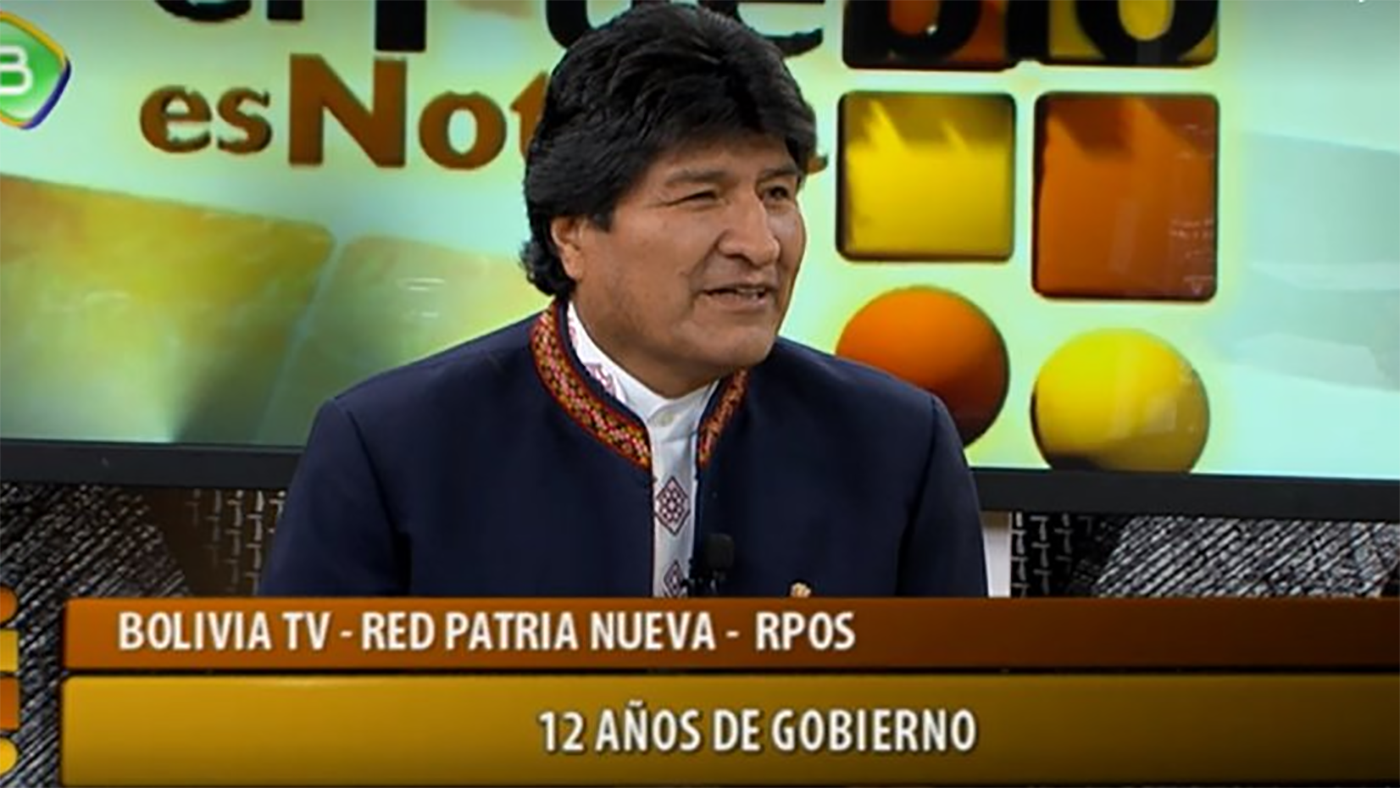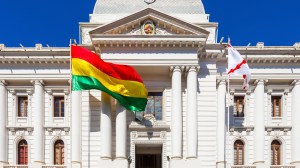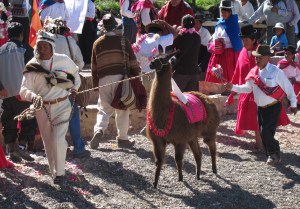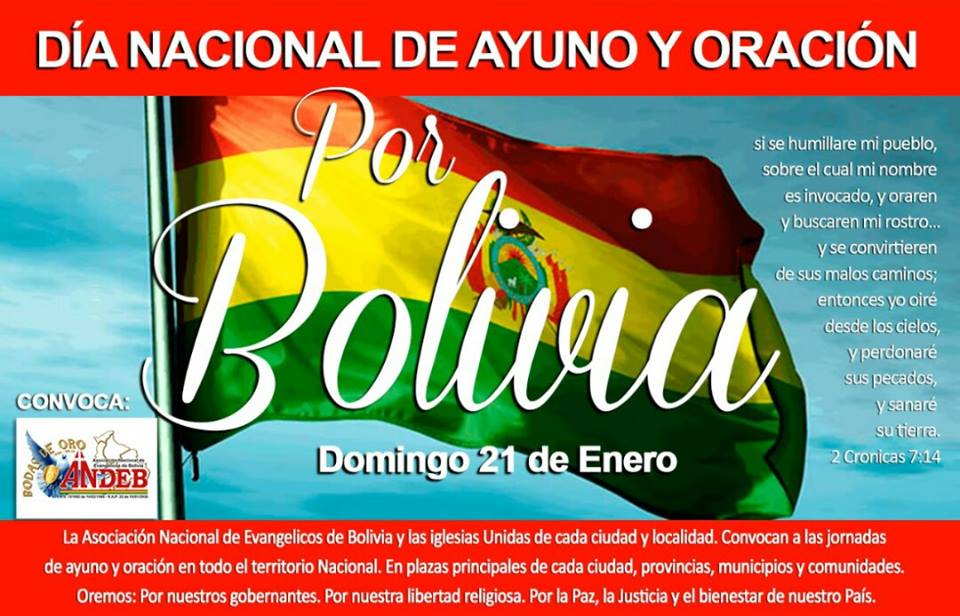In this series
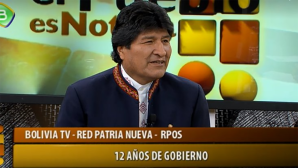
Yesterday, Bolivia’s evangelical leaders led a national day of prayer and fasting in response to their socialist government making evangelism a crime.
That same Sunday, their president went on TV to answer their prayers.
President Evo Morales Ayma announced that he will tell the South American nation’s Legislative Assembly to repeal the entire penal code in the wake of recent changes that, among other tweaks, introduced severe restrictions on religious freedom.
“We have decided to repeal the Criminal Code to avoid confusion and so the Right stops conspiring and doesn’t have arguments to generate destabilization in the country, with disinformation and lies,” he tweeted. “We are going to listen to the proposals of all the sectors that observe the code. The National Government will never approve norms against the Bolivian people.”
He also went on state television to confirm the announcement, one that fell on the 12th anniversary of his becoming the Andean nation’s first indigenous leader.
“I don't want to keep using Banzer’s Code,” said Morales, referring to the system put in place by former dictator and president Hugo Banzer. “I ask the assembly … to rapidly advance a new code. I’m almost positive there will be a few changes and modifications to the articles.”
Authorized last month, the amendments to the penal code criminalized evangelism alongside terrorism. Article 88 stated that “whoever recruits, transports, deprives of freedom, or hosts people with the aim of recruiting them to take part in armed conflicts or religious or worship organizations will be penalized 5 to 12 years of imprisonment,” according to a translation by Evangelical Focus, a media initiative of the Spanish Evangelical Alliance.
The amendments to the code had also permitted abortion during the first eight weeks of pregnancy and expanded punishment of “recklessness, negligence, malpractice” in all careers—worrying professionals from doctors to journalists.
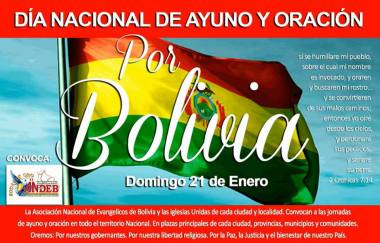 ANDEB
ANDEBAs CT noted last week, many Christians spoke out about the harmful effects that could come from these changes. Members of FIAJC (the Inter-American Federation of Christian Lawyers) have been visiting Bolivian embassies in a number of Latin American countries, delivering a public notice warning of the religious freedom dangers posed by the new penal code.
“We are mobilizing throughout Latin America with our lawyers from FIAJC and we will keep following the developments in Bolivia and seeking dialogue in defense of religious liberty in the country,” said FIAJC’s president Uziel Santana.
The Baptist World Alliance also spoke out against the law, noting its 50-year-plus partnership with the Bolivian Baptist Union.
“The ambiguity of these laws could lead to unintended restrictions on religious freedom and to the direct persecution of churches and individuals of faith,” wrote Elijah M. Brown, BWA general secretary, in a letter to Bolivia’s Legislative Assembly. “… I join with our Baptist partners in asking for a modification or repeal of this law.”
The Religious Liberty Commission of the World Evangelical Alliance sent out a prayer alert encouraging readers to ask God that Morales’s government would withdraw the new penal code provision and “protect and promote religious freedoms in Bolivia.”
“Pray for the leaders and leaders of our country ‘that we may live peaceful and quiet lives in all godliness and holiness,’” stated the National Association of Evangelicals in Bolivia (ANDEB) on Facebook, quoting 1 Timothy 2:2 in encouraging Sunday’s prayer and fasting.
Morales’s tweets said little about religious freedom, but did lash out at critics who had protested the law’s crackdowns on freedom of expression.
“They say that the code would restrict free expression but under our management, 1,050 new media companies were registered; they say that we would restrict the right to form a union when we registered 4,833 new unions in the country,” the president tweeted. “Enough with the lies from the Right!”
In 2013, CT noted how Bolivia was imposing an animist worldview on its Christian churches.

